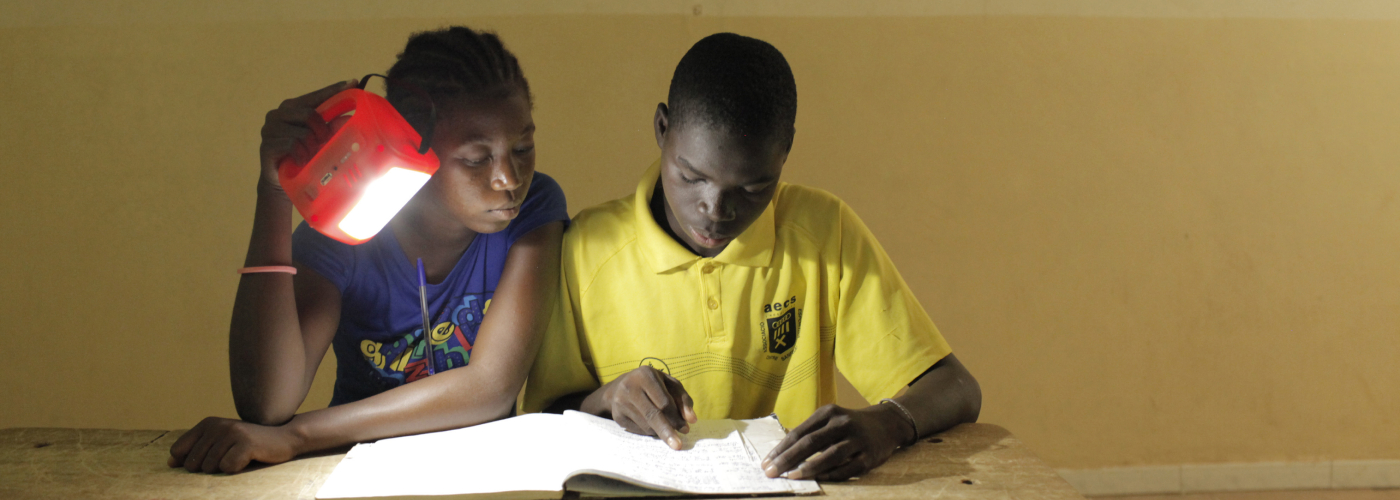In the present era of volatile and uncertain fossil fuel prices, which may be prolonged, the prospects for poor households to find alternatives to traditional fuels for cooking are dimmer than ever. Furthermore, the assumption that reducing poverty will facilitate the transition to modern fuels for cooking and other domestic needs is challengeable as, in fact, the latter may be a precondition for the former where poor women are concerned.
This paper elaborates this situation and, against the background of prevailing policy responses in regional countries, explores answers to the following questions:
• What is the energy status of the poor, and poor women in particular, in Asia-Pacific developing countries?
• Which fuels, technologies and delivery mechanisms can enable a large-scale transition away from traditional biomass fuels for cooking among the poor?
• What role can electricity (both grid supply and off-grid renewables) play in meeting the poor’s (i) cooking energy needs, and (ii) other domestic energy needs?
• How to ensure renewable energy technologies reach the poor who are largely left out in current promotional efforts?
• What policy changes — in the energy sector as well as in other related sectors — are needed to ensure the poor’s cooking and other domestic energy needs are fully met within the next 10 years?







